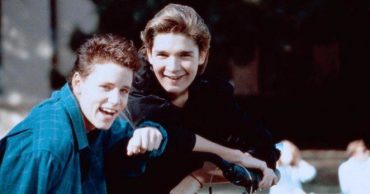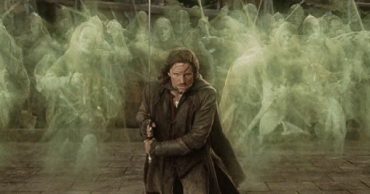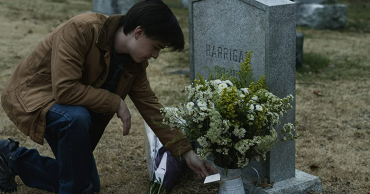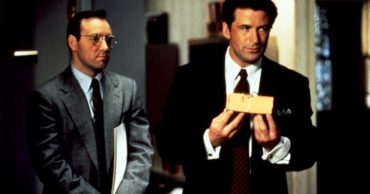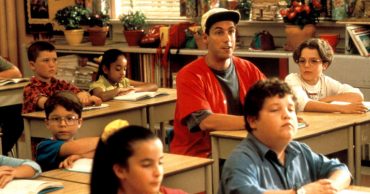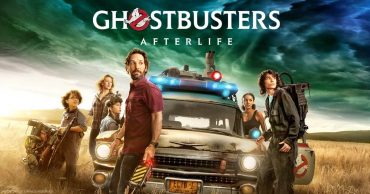John Wayne is a name that has long been synonymous with the Western genre. Even many years after his passing, when most people think of cowboys, they think of John Wayne. The iconic actor dominated the Western genre throughout the 1940s, 50s, and 60s, establishing himself as the quintessential cowboy and an enduring icon of American cinema. During this prolific era, Wayne starred in a plethora of classic films that not only showcased his formidable screen presence but also earned him remarkable accolades, including an Academy Award for Best Actor for his role in True Grit (1969).
While True Grit remains his most iconic film—further revitalized by a successful remake in 2010—it’s easy to overlook The Sons of Katie Elder, a Western that, despite slipping under the radar for many, features a stellar performance from Wayne as he navigates themes of family loyalty and redemption. As the genre began to evolve in the late 1960s, with Clint Eastwood emerging as a new torchbearer, Wayne’s legacy was firmly cemented, and films like The Sons of Katie Elder invite viewers to revisit the depth and complexity of his considerable talent amidst a changing cinematic landscape.
What Is the Plot of ‘The Sons Katie Elder’?
The Sons of Katie Elder, released in 1965, is a classic Western film that captures both the rugged landscapes of the Wild West and the nuances of family allegiance. Directed by Henry Hathaway, the film follows the four Elder brothers—John, Tom, Matt, and Bud—as they return to their hometown following the death of their mother, Katie Elder. Played by the legendary John Wayne, John Elder is the eldest brother who takes charge of the reunion, setting the stage for familial conflict and resolution. As the brothers gather to honor their mother’s memory, they quickly discover that their family legacy is marred by unresolved tensions and the scars of the past. Their father, a notorious gunman, has left behind a legacy of shame, particularly after being accused of a crime he did not commit.
The film’s narrative unfolds as the brothers confront the realities of their father’s legacy, while simultaneously dealing with the local cattle baron, Morgan Hastings (James Gregory), who has a vested interest in keeping the Elders at bay. The plot thickens when John discovers that their mother’s death was tied to Hastings’ machinations, fueling the brothers’ resolve to seek justice. The Sons of Katie Elder beautifully weaves together themes of honor, sacrifice, and the complexities of brotherhood, while also presenting a classic showdown between good and evil. The film’s climax culminates in a gripping confrontation, with John Wayne’s character standing resolutely for family, justice, and righteousness in a world marred by violence and betrayal.
Breaking Down the Film’s Critical Reception
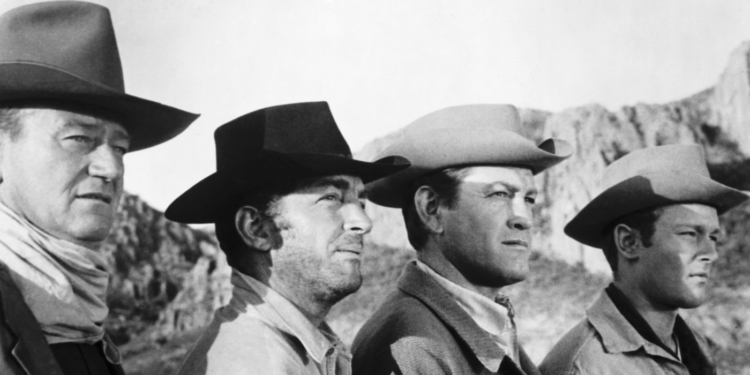
Upon its release, The Sons of Katie Elder received a mixed yet generally favorable reception. Critics praised John Wayne’s performance, recognizing him as one of the film’s greatest strengths, even as they noted that the screenplay did not venture far into complex territory. The film was appreciated for its stunning cinematography, showcasing the majestic landscapes of Durango, Mexico, which served as the backdrop for the story. Although it did not achieve the iconic status of many of Wayne’s earlier films, it has garnered a steady appreciation over the years, especially among die-hard Western fans.
Reviewers admired Wayne’s ability to imbue his character with depth, demonstrating both toughness and vulnerability. Some critics remarked that the film was somewhat formulaic, relying on established Western tropes rather than innovating within the genre. However, others argued that the film’s simplicity allowed Wayne’s performance to shine even brighter, as he carried the weight of both the narrative and emotional stakes through his unshakeable presence on screen. In retrospect, The Sons of Katie Elder deserves further recognition as a pivotal instalment in Wayne’s career, emblematic of a mature actor fully aware of the complexities of the characters he portrays. Though it may not have garnered the accolades of his more legendary films, it stands as a testament to Wayne’s enduring legacy and the evolution of the Western genre in the 1960s – a transitional time when traditional Western narratives began to incorporate more nuanced storytelling.
How John Wayne Carries the Simple Plot With His Performance
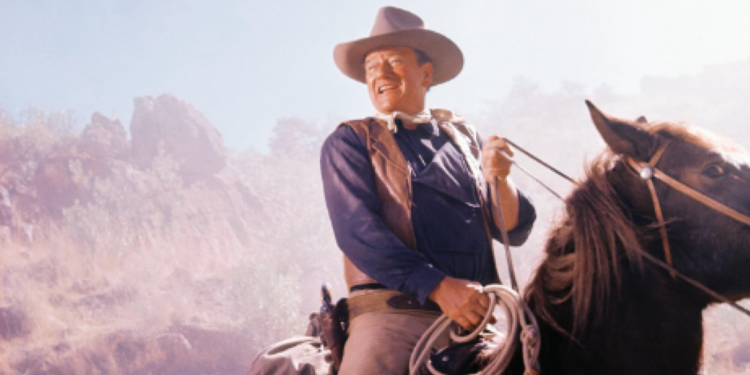
What truly sets The Sons of Katie Elder apart is John Wayne’s bulletproof performance. In a narrative driven by familial ties and the quest for justice, Wayne embodies the character of John Elder with an authenticity that transcends the film’s relatively straightforward plot. His portrayal strikes a balance between stoicism and deep emotional resonance, allowing audiences to connect with his internal struggles as he seeks to reconcile his family’s troubled past.
Wayne utilizes his formidable screen presence to convey a sense of gravitas, making John Elder a memorable and relatable figure. The subtlety with which he navigates the emotional landscape of loss, duty, and vengeance elevates the film beyond a typical Western. His interactions with his on-screen brothers are infused with a palpable camaraderie, and moments of humor break the tension, showcasing Wayne’s versatility as an actor. Moreover, Wayne’s character reflects the era’s evolving masculinity in film; John Elder is not merely a badass — he is a protective figure embodying wisdom and understanding, unafraid to show vulnerability. This complexity makes Wayne’s performance stand out, allowing audiences to appreciate the thematic depth of loyalty and familial bonds. Want to read about other iconic Western movies? Here are 6 of the best Neo-Westerns you should add to your watchlist.
 Follow Us
Follow Us
